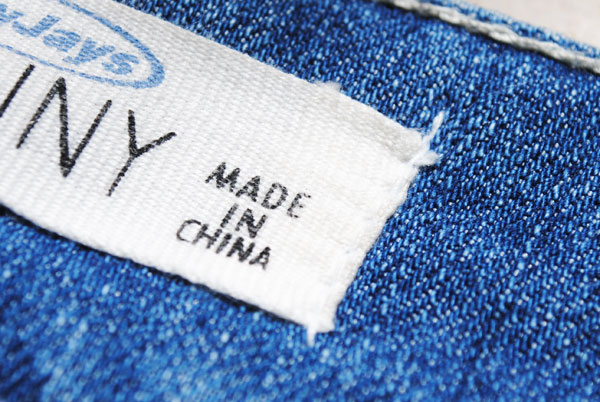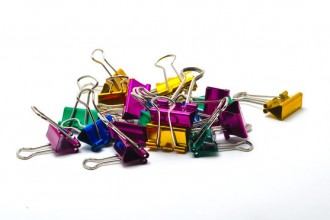Every time you buy a product made in China you are supporting everything from labour exploitation to environmental destruction. Sure it’s cheap, but what are the real hidden costs?
You would be shocked to learn how many products in your home were manufactured in China. Even if designed or assembled in other countries, anything up to 60% of the stuff we buy has passed through China at some point. A surprisingly large number of well-known household brands stock Chinese products; and I am not just talking about the Happy R5 Store! The Chinese economy has a hand in anything from electronics to food goods, cars to cosmetics.
China began a strategic take-over of the global markets in the early 90’s, gradually knocking off the competition by offering a wide variety of consumer goods at ridiculously low prices. By making use of their huge labour force, planning way into the future and applying an admittedly smart use of resource, China has now become one the world’s biggest suppliers of goods. Although known for their shady business practises, consumers continue to buy ‘Made in China’ because of their low, low prices.
There are many reasons not to buy Chinese. Questionable environmental business practises, including everything from chemical dumping to deforestation, have a crippling effect on the environment and thus also threaten the future of mankind. Appallingly low wages keep many of China’s own people on the edge of poverty and it is no secret child labour is sometimes used. And it is not only the lives of others we are compromising when we buy Chinese – because of its lack of regulated standards in China, the health and safety factor of these products can often be dubious and even toxic. One cannot even be sure what is even on the ingredients list; whale oil in the lip balm or shark meat in ‘tuna’.
Not only could buying ‘Made in China’ have a negative effect on its people, environment and our own health, but China’s corrupt approach to production has had a far-reaching effect on business on a global scale. By keeping the prices of their products so formidably low, China forces other countries cut corners to compete, continuing the vicious cycle of labour abuse and other unethical practises. South Africa loses out on potential economic growth every time it imports from China, not to mention adding unnecessarily to our carbon footprint. These bad quality products also tend to end up on the landfill site quicker, contributing more pollution to our beautiful landscapes.
So even though we know China’s products aren’t always of the best quality or most ethical origin, why is it that the majority of consumers still buy Chinese? We are drawn to the low prices, it is as simple as that – especially since the recent recession. But unless we become more disciplined in our spending, China will continue to flood the market with cheap goods laden with negative karma. The truth of the matter is that by supporting China’s business sector we are also supporting a variety of abuse and a general lack of accountability.
Whatever your moral stance – whether you don’t agree with their lack of environmental policies in the production sector, use of child labour or monopolising of the world’s business economy – everyone can find a reason not to buy Chinese. Although temptingly cheap, the next time you find yourself thinking of buying ‘Made in China’, remind yourself of the real costs implemented. Let’s all agree to put our money with our mouth is and start living our ethics.
Remember to check labels to find out where products have been manufactured and look out for the Proudly South African symbol to support our local economy.










